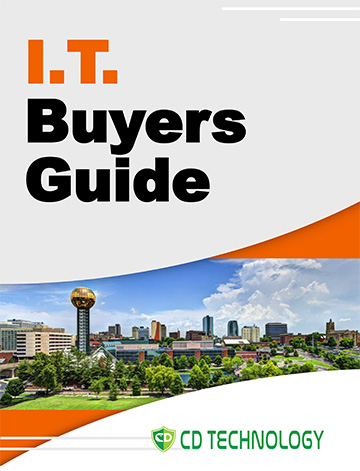 With the launch of the U.S. Student Loan Forgiveness program, there is an opportunity for students and other borrowers to benefit. Any scenario that puts millions of people in a target pool is ideal for hackers. Add to the scenario the list of questions and uncertainties and you have a recipe for risk. The details are not always known at first or readily available and that means that cybercriminals are ready to pounce before you can get your questions together.
With the launch of the U.S. Student Loan Forgiveness program, there is an opportunity for students and other borrowers to benefit. Any scenario that puts millions of people in a target pool is ideal for hackers. Add to the scenario the list of questions and uncertainties and you have a recipe for risk. The details are not always known at first or readily available and that means that cybercriminals are ready to pounce before you can get your questions together.
What Makes It High Risk?
The questions of eligibility, process, check insurance, deadlines, and requirements remain outstanding for most people. In situations like this, the headlines grab our attention and we either skim the fine print or we miss it altogether. And to further increase risk, the money component skyrockets the likelihood of a target succumbing to a cybercriminal’s efforts. Those who are eligible (or unsure if they are eligible) are going to want to take advantage quickly of the forgiveness option before this program is possibly gone. Are there unlimited funds? Can it be revoked? Those aren’t answers that are readily available and so people often act from a place of fear.
What Can You Do?
Stop and think before you react. That means that emails, advertisements, phone calls – and any other contact that you receive regarding a loan, should be carefully reviewed. Do not click, callback or answer without research. It is understandable that you may want to eliminate what you can from your own student loan debt. But in order to avoid being a scam victim, every item of information should be received with skepticism. If you are asked to provide personal information, credit card information, or required to “log in and update information” you should be wary.
Contact Computer Depot Business Solutions today 865-909-7606.





